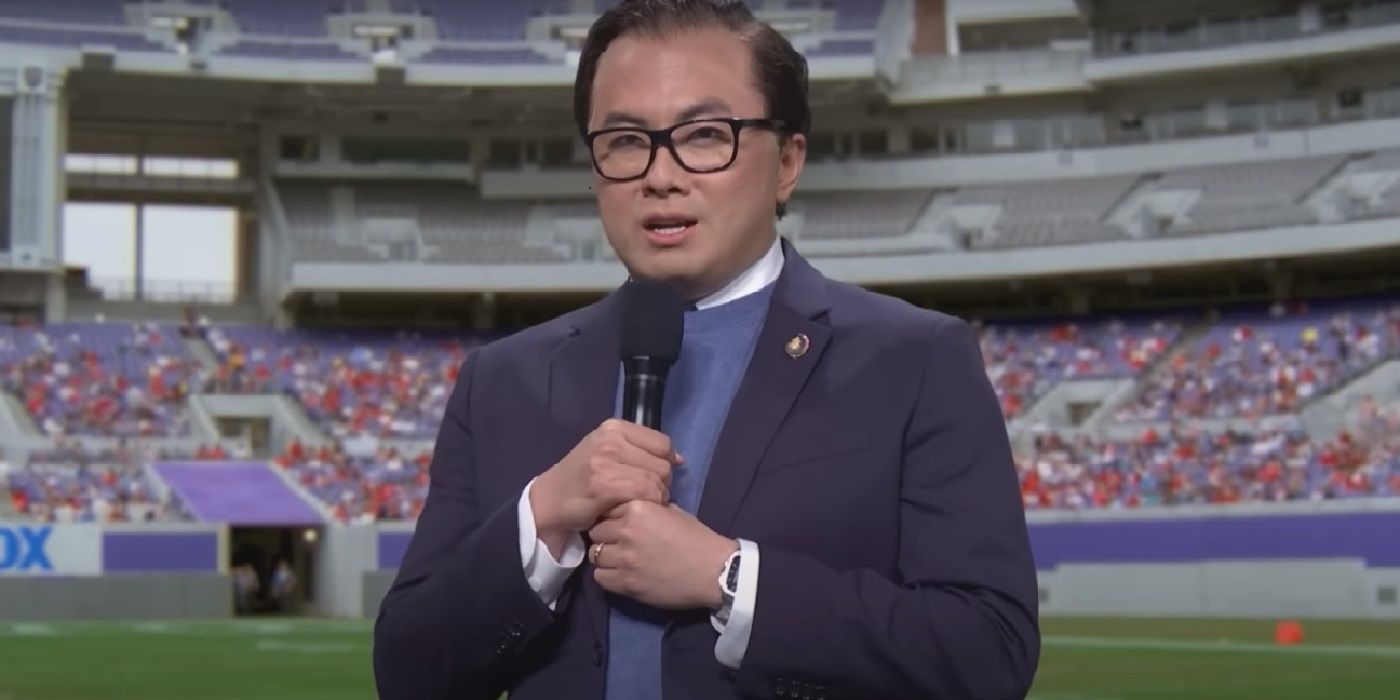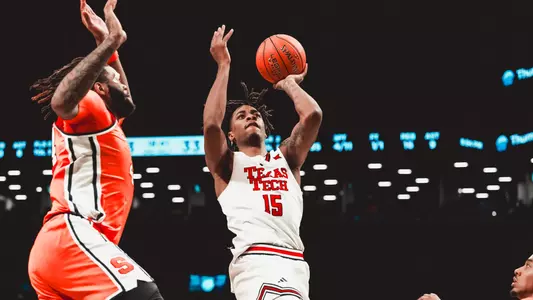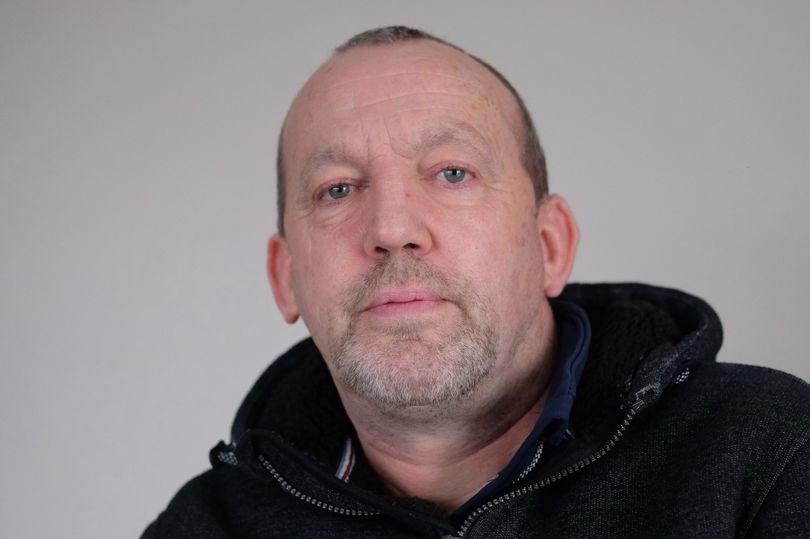SNL: Bowen Yang Wanted Out Of JD Vance Role - His Request To Lorne Michaels

Table of Contents
The JD Vance Role and its Potential Conflicts
JD Vance, author of "Hillbilly Elegy" and a Republican U.S. Senator from Ohio, carries a significant and often polarizing public persona. His political stances, particularly on social issues, often clash sharply with the values openly championed by Bowen Yang, a prominent LGBTQ+ activist and comedian. Casting Yang, known for his comedic portrayals that often subvert societal expectations and stereotypes, in the role of Vance presented a potentially thorny situation.
The inherent challenge lay in the delicate balance required to satirize a controversial figure without inadvertently amplifying their message or causing offense. Consider the following points:
- Vance's political stances: Vance’s conservative views on social issues, potentially including LGBTQ+ rights, directly contradict Yang's known public positions. Portraying Vance effectively would require navigating this inherent tension.
- Potential backlash from viewers: A significant portion of the SNL audience may hold strong opinions about Vance, leading to potential negative reactions regardless of Yang's performance. The risk of alienating viewers, either those who support or oppose Vance, was a major consideration.
- The challenge of satirical portrayal: Satire requires a nuanced approach, walking the tightrope between humor and respect. Successfully satirizing a figure like Vance, with his strong opinions and established base, would demand exceptional skill and sensitivity.
Bowen Yang's Reported Request to Lorne Michaels
While specific details remain largely unconfirmed due to the private nature of such discussions, reports suggest that Yang expressed his reservations about portraying JD Vance to Lorne Michaels, the long-time producer and driving force behind SNL. The exact nature of this communication—whether a formal request or an informal discussion—remains unclear. However, the mere suggestion highlights the potential power dynamics within the SNL structure and the influence a cast member can exert on creative decisions.
Consider these points:
- The nature of Yang's request: Was it a polite suggestion or a firm refusal? The lack of definitive information fuels speculation about the behind-the-scenes dynamics.
- Michaels' potential response: Lorne Michaels’s response remains unknown, adding another layer of intrigue to this already complex situation. His decision-making process in this case would offer valuable insight into SNL's approach to potentially controversial casting choices.
- The impact on the show's creative process: Any disagreement about casting inevitably impacts the show’s creative process, potentially delaying production or necessitating script rewrites.
- Precedents of cast members refusing roles: While such public instances might be rare, the possibility that other cast members have privately voiced similar concerns exists, making this situation more significant than a mere isolated incident.
The Broader Implications for SNL and Political Satire
The Bowen Yang/JD Vance situation underscores the ongoing challenges inherent in portraying political figures, particularly those with controversial viewpoints, on SNL. This event highlights the evolving landscape of political comedy and satire in the age of heightened political polarization and social media scrutiny.
This controversy serves as a case study:
- The role of SNL in political discourse: SNL holds a unique position in the American cultural landscape, often shaping public perception of political figures through its satirical sketches.
- Balancing comedic portrayal with responsible representation: SNL must balance its comedic mandate with its responsibility to avoid perpetuating harmful stereotypes or misinformation. The Yang/Vance incident forces a reconsideration of this delicate balance.
- The potential influence of cast member’s personal beliefs on casting decisions: The incident highlights how a cast member’s personal beliefs might legitimately influence casting choices, particularly when ethical considerations are involved.
- The future of political satire on SNL: This event raises important questions about the future of political satire on SNL, and how the show might navigate increasingly sensitive political landscapes.
Conclusion: Analyzing Bowen Yang's Decision and its Impact on SNL
Bowen Yang's reported refusal to play JD Vance on SNL sparked a significant conversation about the complexities of political satire, the responsibilities of comedians, and the internal workings of the show. While the specifics of the reported request remain shrouded in some uncertainty, the controversy itself serves as a valuable case study on the challenges of balancing comedic portrayal with ethical considerations. This incident highlights the potential power dynamics within SNL's creative process and forces us to reconsider the evolving nature of political satire on television. What are your thoughts on Bowen Yang's reported decision regarding the JD Vance role? Share your opinions in the comments below! Let's continue the conversation about the future of the Bowen Yang SNL role and similar casting controversies.

Featured Posts
-
 Preview Colorado At Texas Tech Toppins 21 Point Performance
May 01, 2025
Preview Colorado At Texas Tech Toppins 21 Point Performance
May 01, 2025 -
 Analysis Duponts Masterclass In Frances Victory Over Italy
May 01, 2025
Analysis Duponts Masterclass In Frances Victory Over Italy
May 01, 2025 -
 Around The World In A Homemade Boat A Northumberland Mans Adventure
May 01, 2025
Around The World In A Homemade Boat A Northumberland Mans Adventure
May 01, 2025 -
 Ponant Agent Incentive Earn 1 500 Flight Credit On Paul Gauguin Sales
May 01, 2025
Ponant Agent Incentive Earn 1 500 Flight Credit On Paul Gauguin Sales
May 01, 2025 -
 Snl Bowen Yang Wanted Out Of Jd Vance Role His Request To Lorne Michaels
May 01, 2025
Snl Bowen Yang Wanted Out Of Jd Vance Role His Request To Lorne Michaels
May 01, 2025
